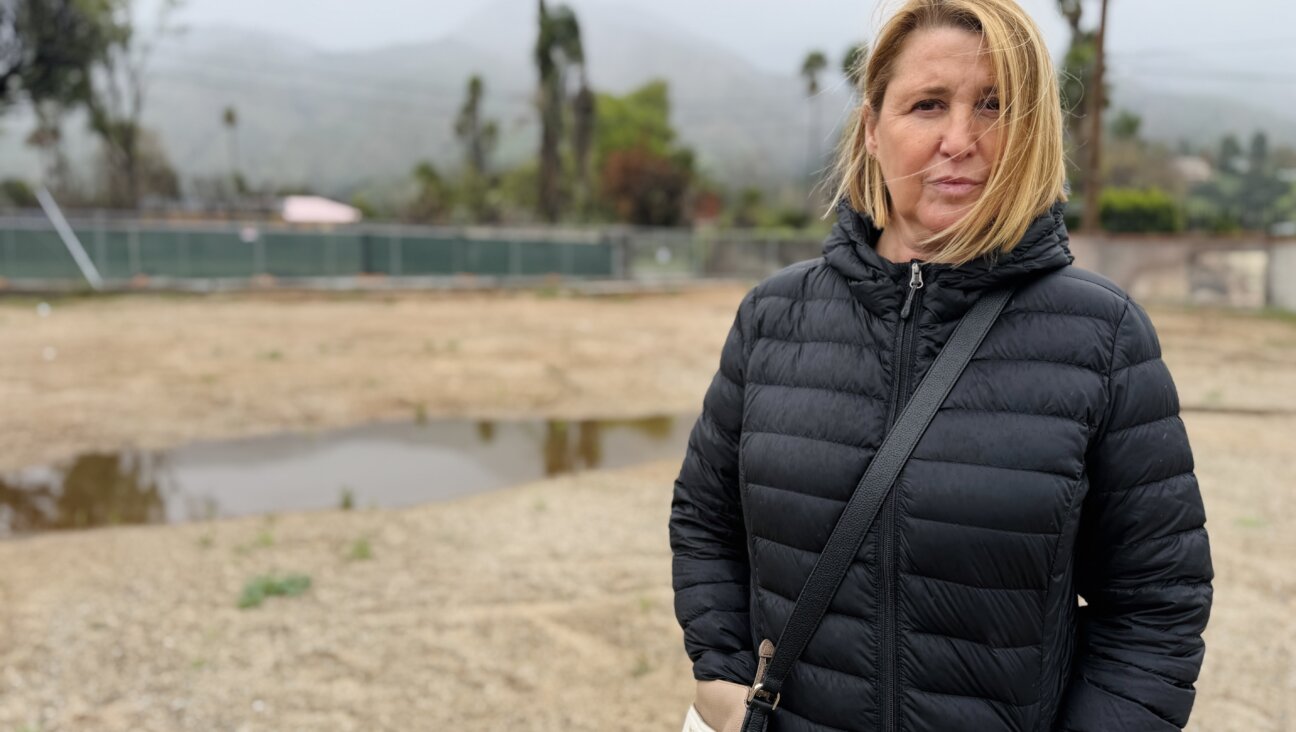Our Skewed Priorities
“Can someone name a minority group in Israel?” I once asked a class of high school seniors at a well-known Jewish day school.
The students — the apple of the Jewish community’s eye — suddenly became fixated upon the floor tiles as they studiously avoided eye contact with me. Finally, one girl slowly raised her hand and answered, “Umm, the Druids.”
Confused, it took me a moment before I realized what she was getting at.
“Oh, you mean ‘the Druze’?”
“I guess,” she replied before adding, “what’s the difference?”
I am continually reminded of this incident when I hear opinions on the latest controversy within the American Jewish community — the attachment, or lack thereof, of young Jews to Israel. Critics, most notably Peter Beinart and organizations such as J Street, claim that because establishment Jewish organizations have stifled criticism of Israel, Jews — particularly young liberal Jews — are increasingly alienated from the Jewish state.
Unfortunately, this debate too often becomes a cipher for political jockeying instead of an opportunity for both communal and personal introspection. The deeper, yet more prosaic, question of how we make Israel a central part of young Jews’ identity goes unanswered.
This, however, is not a new challenge or the result of a politically charged generational shift. Indeed, astute commentators, like Theodore Sasson and Leonard Saxe, have pointed out that Beinart has misread the statistical data, which, they note, actually show that compared to older Jews “younger Jews have reported lower levels of attachment to Israel in most surveys going back as far as there are data to analyze.”
In my experience the problem is not alienation so much as it is apathy. As someone who has spoken about Israel and the Arab-Israeli conflict on campuses and high schools across the United States, I can testify that mentioning Israel often results in a shrug and a yawn. For most, the difference between Avigdor Lieberman and Meretz’s Haim Oron is exactly that between the Druids and the Druze — unknown and irrelevant.
Beinart accuses the American Jewish community of presenting a “Disney-fied” picture of Israel. In truth, it would be a remarkable accomplishment if American Jews knew Israel a fraction of the way they know Disney! It is a peculiar American Jew who has not visited a Disney theme park or schlepped his or her kids to the newest animated movie. Sadly, it is an exceptional Jewish parent who insists the next family vacation will be in Eilat or brings home the latest Israeli flick.
We might claim “our hearts are with Israel,” but our head and our feet clearly are not. How many of us follow one, let alone multiple, Israeli media outlets on a regular basis? Or how often is the notion of being in Israel seen as anything other than a hiatus from someone’s “real” life? When I told friends and family in 2001 that I was moving to Jerusalem — then suffering a wave of suicide bombings — it was my sanity, never my Zionism, that was the recurring topic of conversation. That many young Jews have tuned out their parents’ Zionism is in large part the result of that unerring power of adolescents to smell a phony.
To reverse this trend, the American Jewish community needs to provide sustained and varying avenues for Jewish youth to seriously engage with Israel. Whether they are later inclined toward J Street or the Zionist Organization of America is the less significant question. Birthright and similar initiatives are a good start, but there is no blue-and-white bullet for creating an emotional connection with a country 6,000 miles away.
In explaining the lack of attachment of young Jews to Israel, I have heard people blaming everything from liberal college professors to the Israeli government. However, if we rank Israel after one’s career, academics and even after-school basketball, in terms of personal priorities, we should point the finger at the main culprit — ourselves.
David Dabscheck is director of strategic initiatives and special projects for The David Project.















